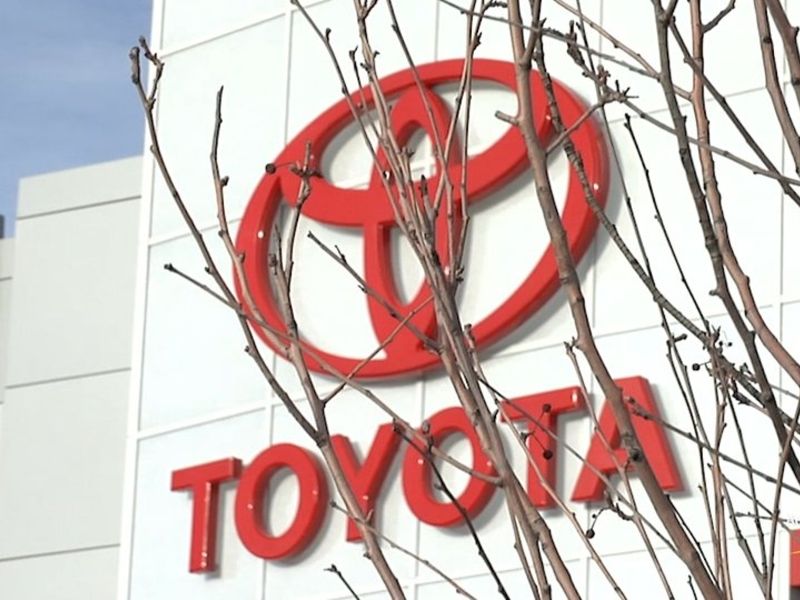
More than three years after the work-related suicide of one of its employees, Toyota Motor Corp. says it’s strengthened its harassment prevention measures and reached a settlement with the deceased worker’s family.
In 2017, a 28-year-old Toyota employee committed suicide after being harassed by his boss. A regional labor bureau later determined that the death was work-related. Toyota President Akio Toyoda met with the deceased employee’s family to apologize, the Asahi newspaper reported.
There were more than 2,000 compensation claims filed for work-related injuries and deaths involving mental health issues in Japan in 2019. That was double the number filed a decade earlier, according to the Japan Occupational Safety and Health Resource Center. The nation has stepped up efforts in recent years to crack down on companies that continue to demand long work hours and put undue pressure on employees. The chief of advertising agency Dentsu Group Inc. resigned in 2016 over the death of an overworked employee.
Toyota reached a settlement with the worker’s family earlier this year, a spokeswoman for the company said Monday. The family endorsed the company’s efforts to prevent future instances of workplace harassment, according to the Asahi.
In the years since the employee’s death, Toyota has worked to eradicate “power harassment,” a form of workplace harassment in which someone in a position of greater power uses that power to bully or harass a lower-ranking person, the company said in a statement Monday.
Toyota has revised its work regulations to more clearly identify power harassment and related disciplinary measures, enhanced communication with employees via questionnaires and consultation centers, and worked to make psychiatrists available for employees dealing with mental-health issues, according to the company.
“We take seriously the fact that the precious life of one of our employees was lost and have been considering and implementing measures to prevent such painful occurrences from happening again,” Toyota said in the statement. “We will continue our efforts to build an open workplace culture in which employees can work with peace of mind.”

